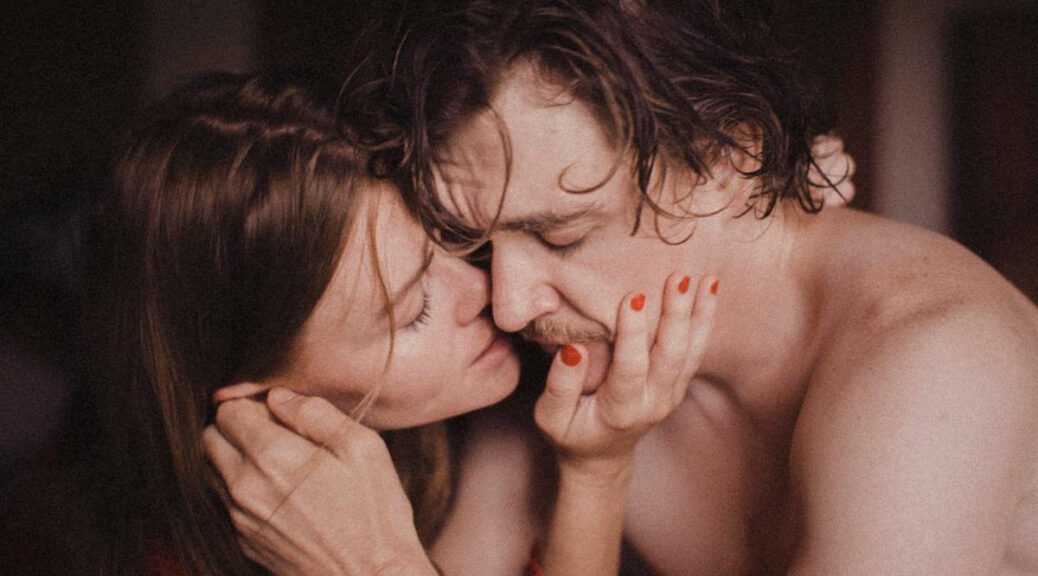Mother, May I?
by Hope Madden
I’m a Kyle Gallner fan. I’ve always appreciated his work, but Dinner in America sealed the deal. Always on board for a new Gallner-led horror flick, I was cautiously optimistic about Mother, May I?
Gallner is Emmett. Having just inherited a gorgeous old farmhouse from his estranged mother, Emmett and his fiancé Anya (Holland Roden) face some demons and a lot of packing if they’re going to have the house ready for the realtor.
And even if the film seems familiar on its surface, there’s something so weird going on underneath. Writer/director Laurence Bannicelli’s thriller feels like a premise born of either a therapy session or a bad relationship – or, more likely, a bad relationship born of group counseling.
The film swims in the vulnerability those in therapy contend with as they have faith in their therapists, or those wielding the same tricks and terminology, while they try to overcome their issues and/or childhood trauma.
Emmett, you see, barely even remembers this house because his mother abandoned him. Or did she? Because Anya – who transforms from bohemian poet to pristine, controlling matron overnight – keeps suggesting he doesn’t know everything he thinks he knows.
But how could she know?
Bannicelli introduces a parlor trick/therapy game early in the film where Emmett and Anya role play each other. It’s Anya’s way of forcing Emmett not to close her out, although it immediately reads as needy, smothering and controlling.
But Emmett doesn’t even know what he’s in for.
Often in these possession/haunting films you can’t help but wonder why so much time lags, why so few questions are raised, why everyone is so willing to quietly accept the weird behavior. Bannicelli and sets us up to believe while Gallner and Roden keep our faith alive.
She creates to distinct and recognizable characters, and his reactions to each is unnerving and raw.
There’s a grand total of 5 people in the cast, which suggests a Covid production (or at least a production very savvy about its budget), but you don’t feel it. It’s a gorgeous film, the exteriors the kind of “middle of nowhere” that does not feel foreboding. It feels like an invitation to peace, which is in keeping with the tension just below the surface for these two characters who cannot truly face their own reality.
Not everything works as well, though. However welcome veteran character Chris Mulkey may be – and he’s just as solid as ever – the character itself is the cliché stranger who can explain it all. And though the climax is powerful, the resolution feels a bit like a cynical joke.
It’s not enough to ruin this clever, odd duck of a thriller, though.







